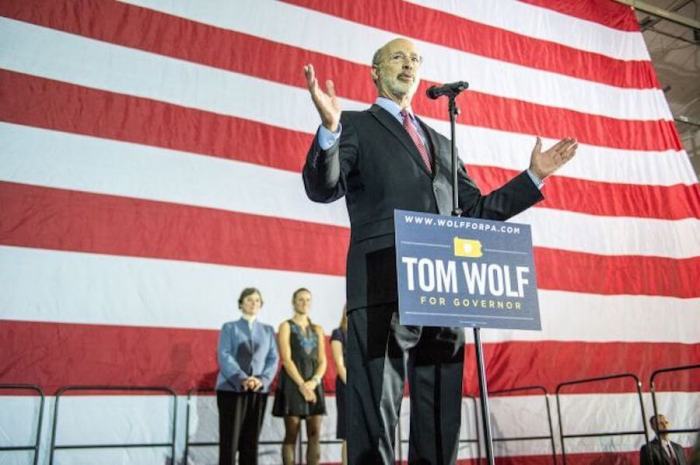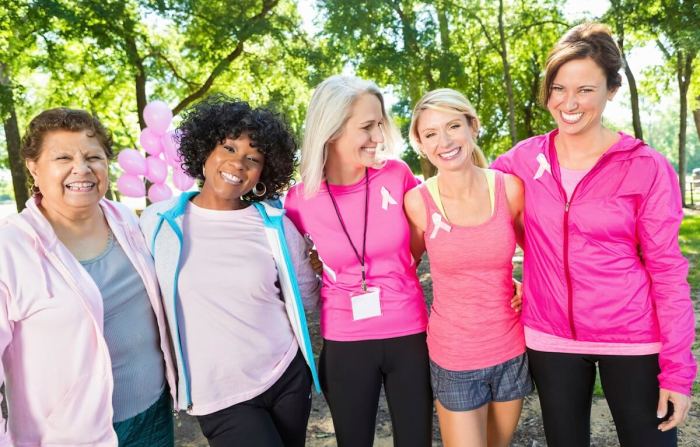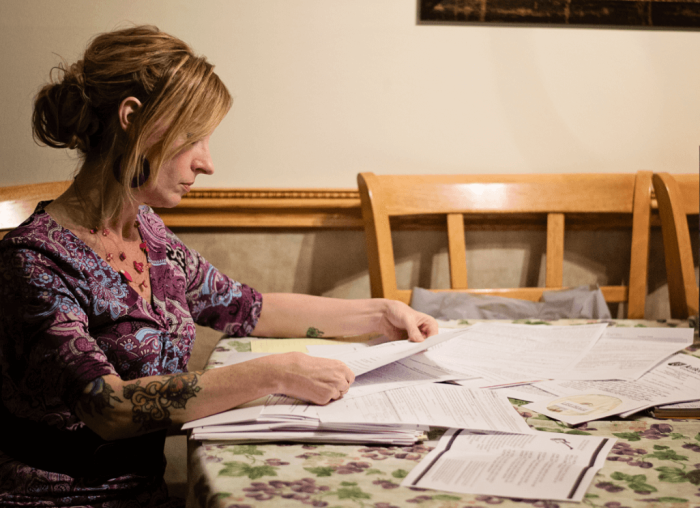Nothing can come between you and your morning cup (or three!) of coffee, but a nonprofit organization is trying.
The Council for Education and Research on Toxics (CERT) first filed a lawsuit against Starbucks and other California coffee companies and retailers in 2010 under Prop 65, a “right to know” law that requires the state to publically maintain a list of toxic chemicals and their effects (like cancer and birth defects).
Coffee makers didn’t comply with a previous ruling to show that the acrylamide levels in coffee didn’t result in extra cancer cases, so they’re back in court with a goal of forcing retailers to display warning sides where coffee is sold.
Acrylamide: What is it?
Haven’t heard of acrylamide? Most people haven’t, but it’s a substance that forms naturally when sugars react with the amino acid asparagine when cooked above 248 degrees and gives baked, fried, toasted and fried foods their color and taste, including coffee. Studies into the substance found that it caused cancer in lab animals, but only when consumed in doses much higher than typically found in food.
Acrylamide in coffee
“Based on the animal studies, you would have to drink probably over 100 cups of coffee a day in order to get to that dangerous dose,” Stanley Omaye, a professor of nutrition and toxicology at the University of Nevada, told Chemistry World, adding that the lawsuit about the coffee-cancer connection is “absurd.”
It might be a stretch to connect the two, but CERT might have the upper hand in California: In 2008, potato chip makers, including Frito-Lay, were ordered to pay $3 million and reduce levels of acrylamide in their foods. And two coffee retailers — Yum Yum Donuts and BP convenience stores — have already agreed to pay over one million in damages and post warning signs where they sell coffee.
“The intent is not to scare people,” said Allan Hirsch, chief deputy of California’s Office of Environmental Health Hazard Assessment (OEHHA). “The intention is to help people make more informed decisions. If you continue to buy a product that will expose you to a chemical, that’s OK as long as you’re informed.”






















